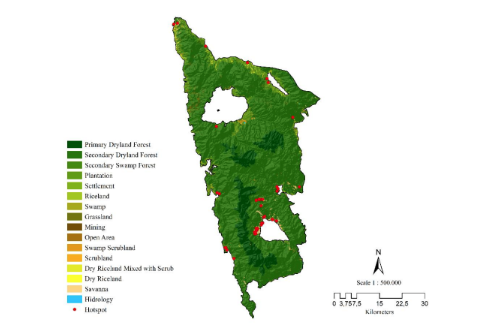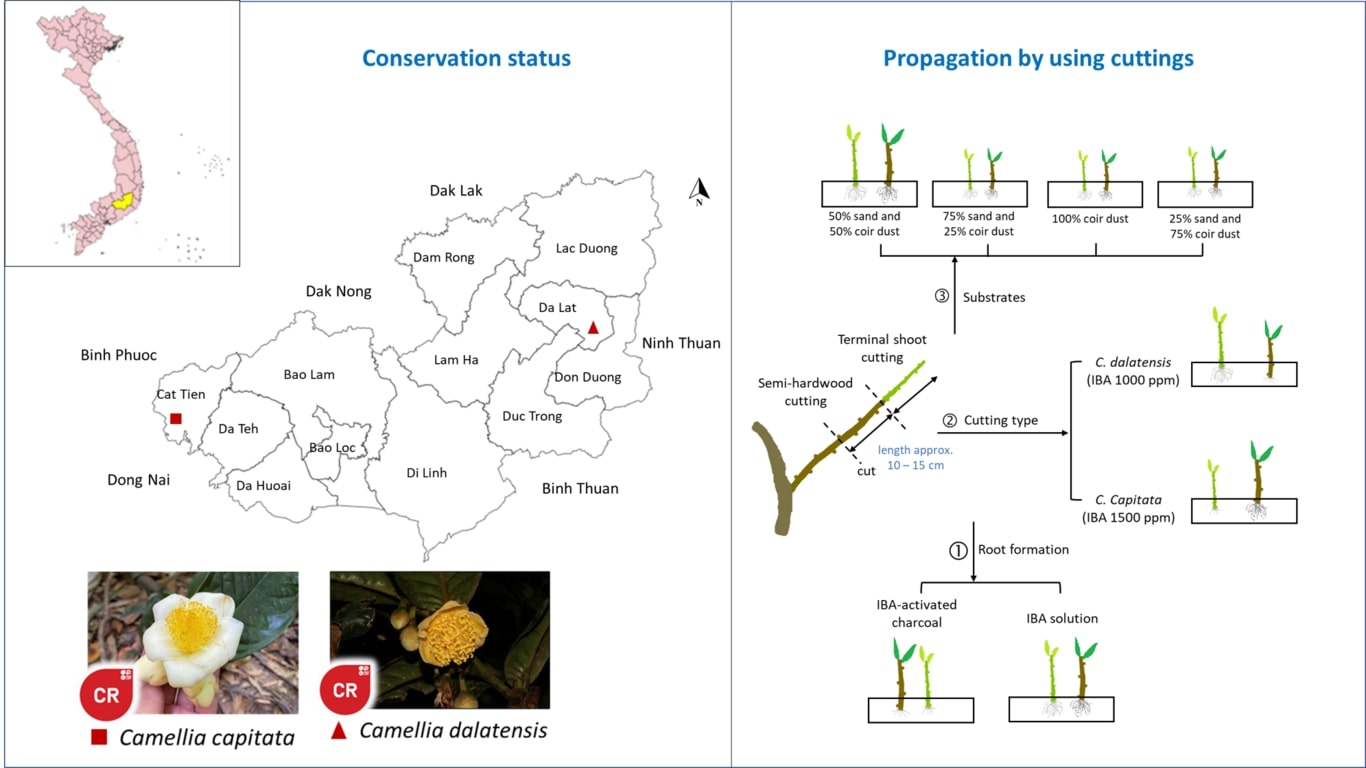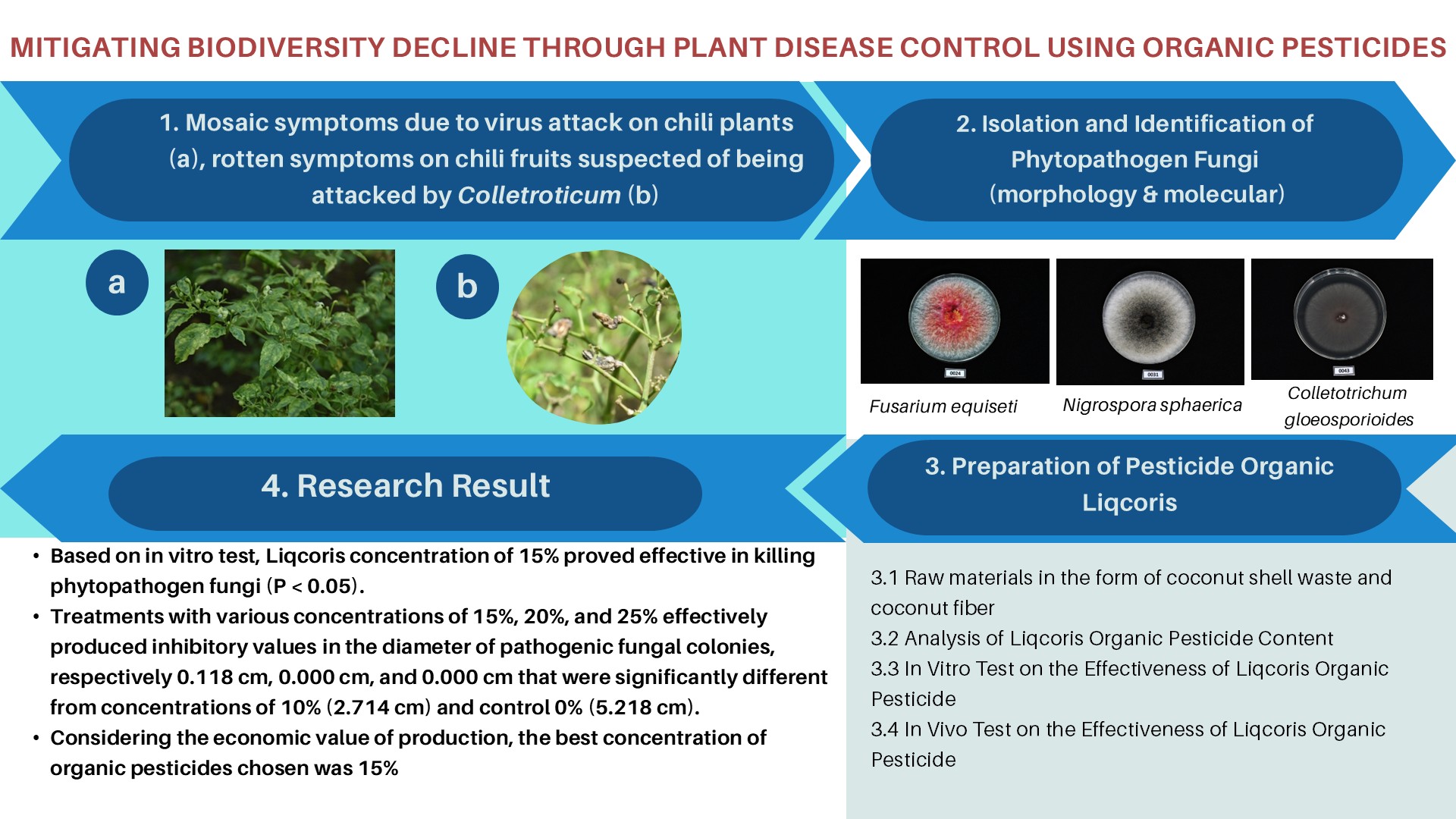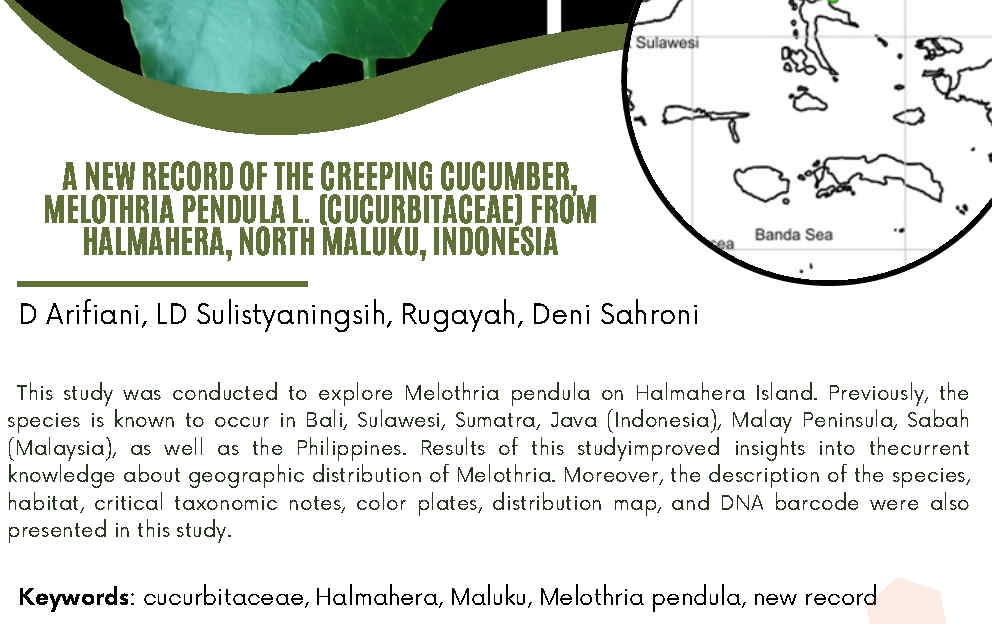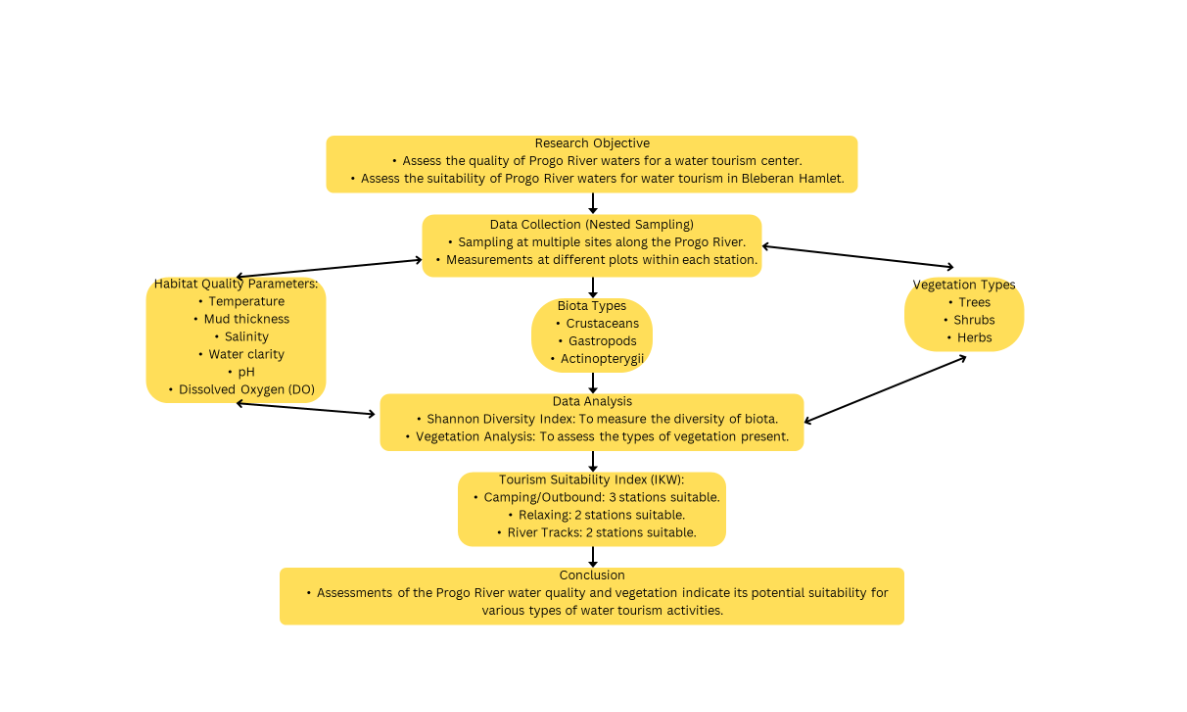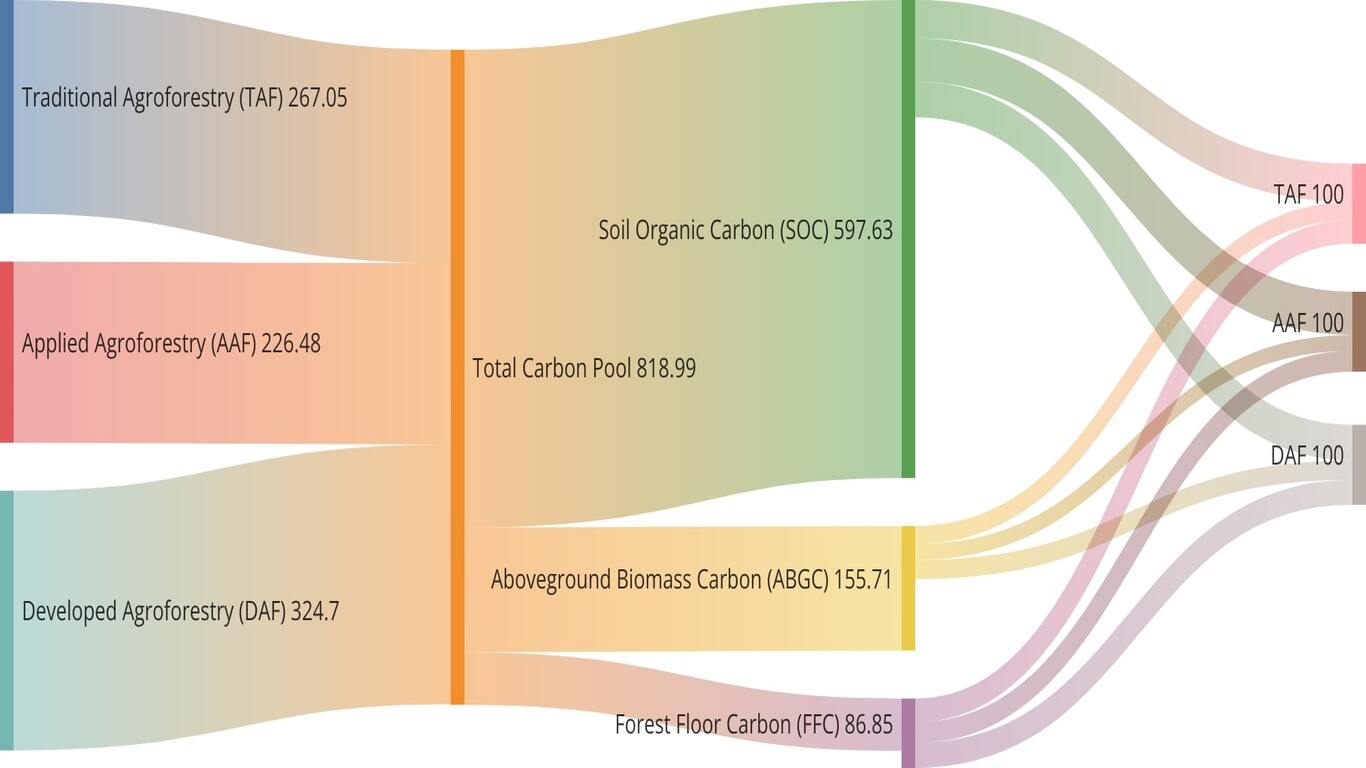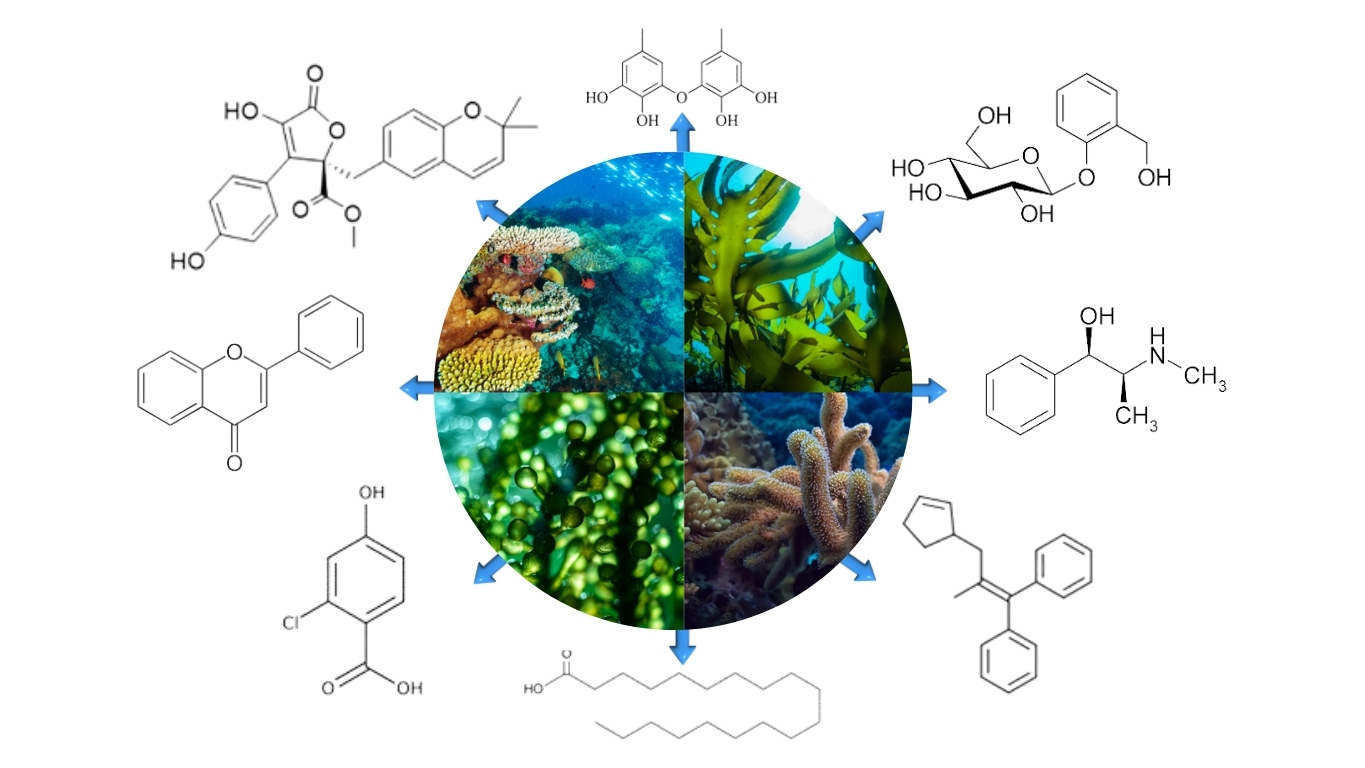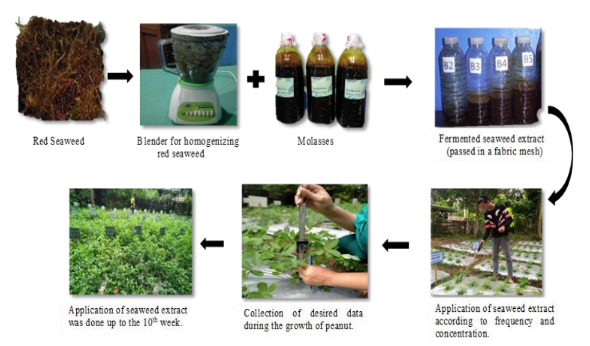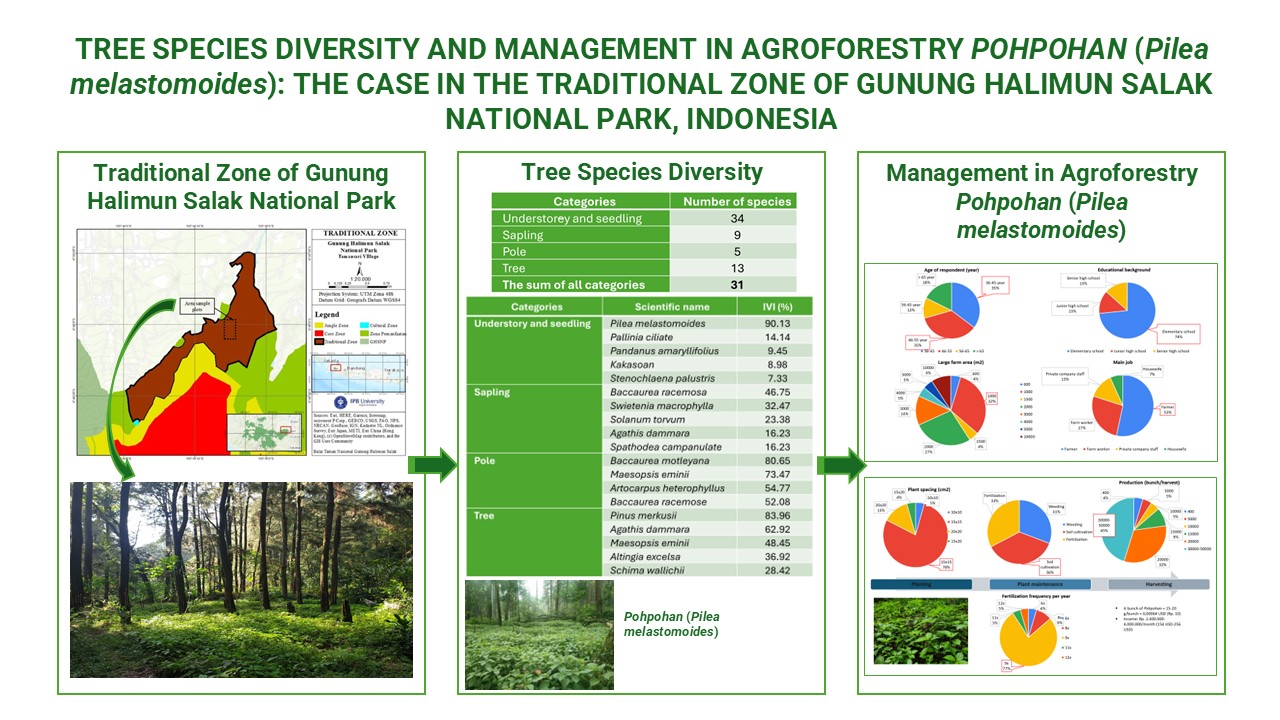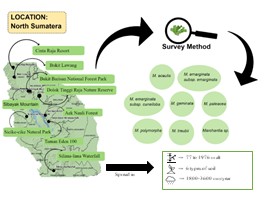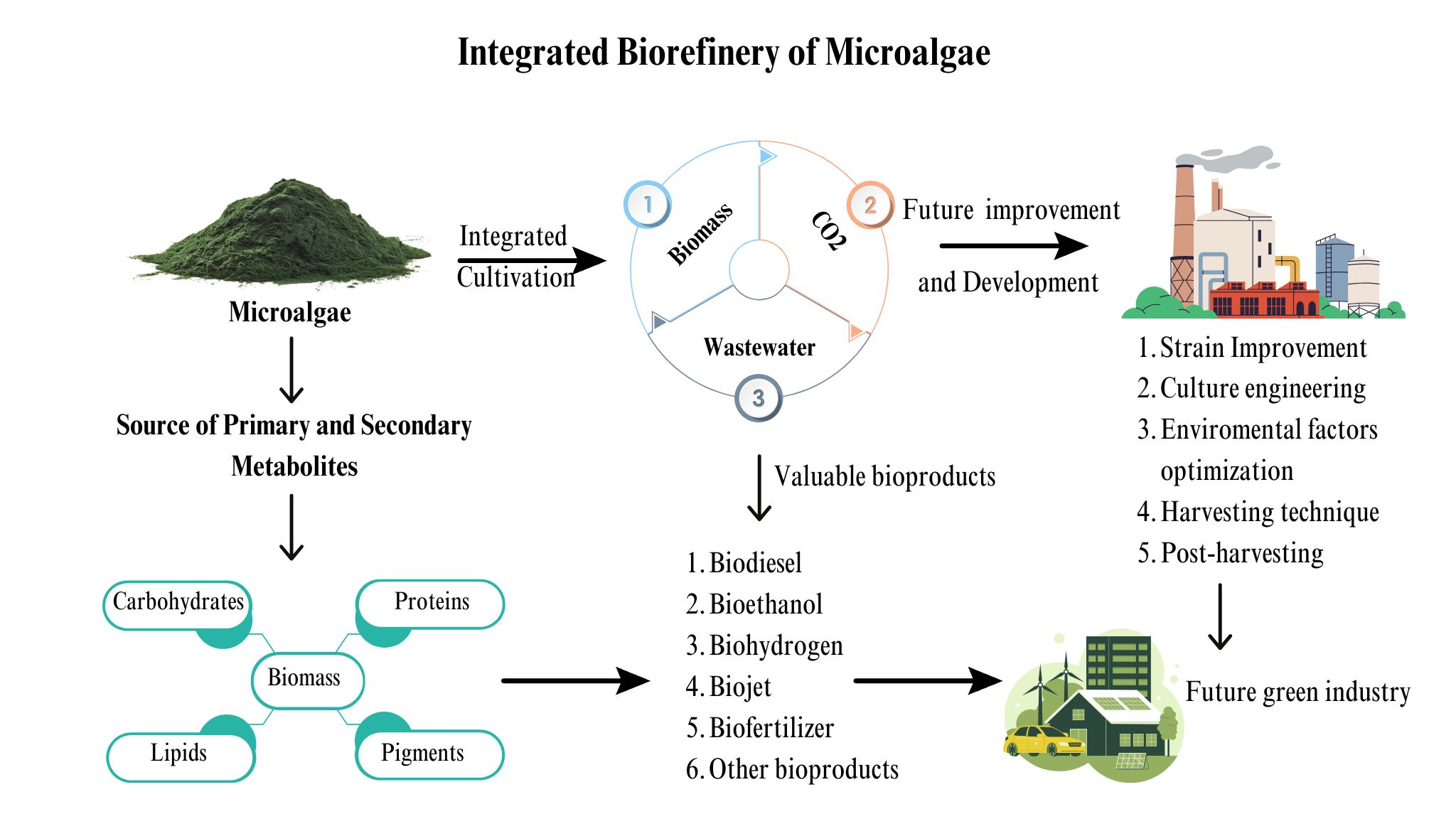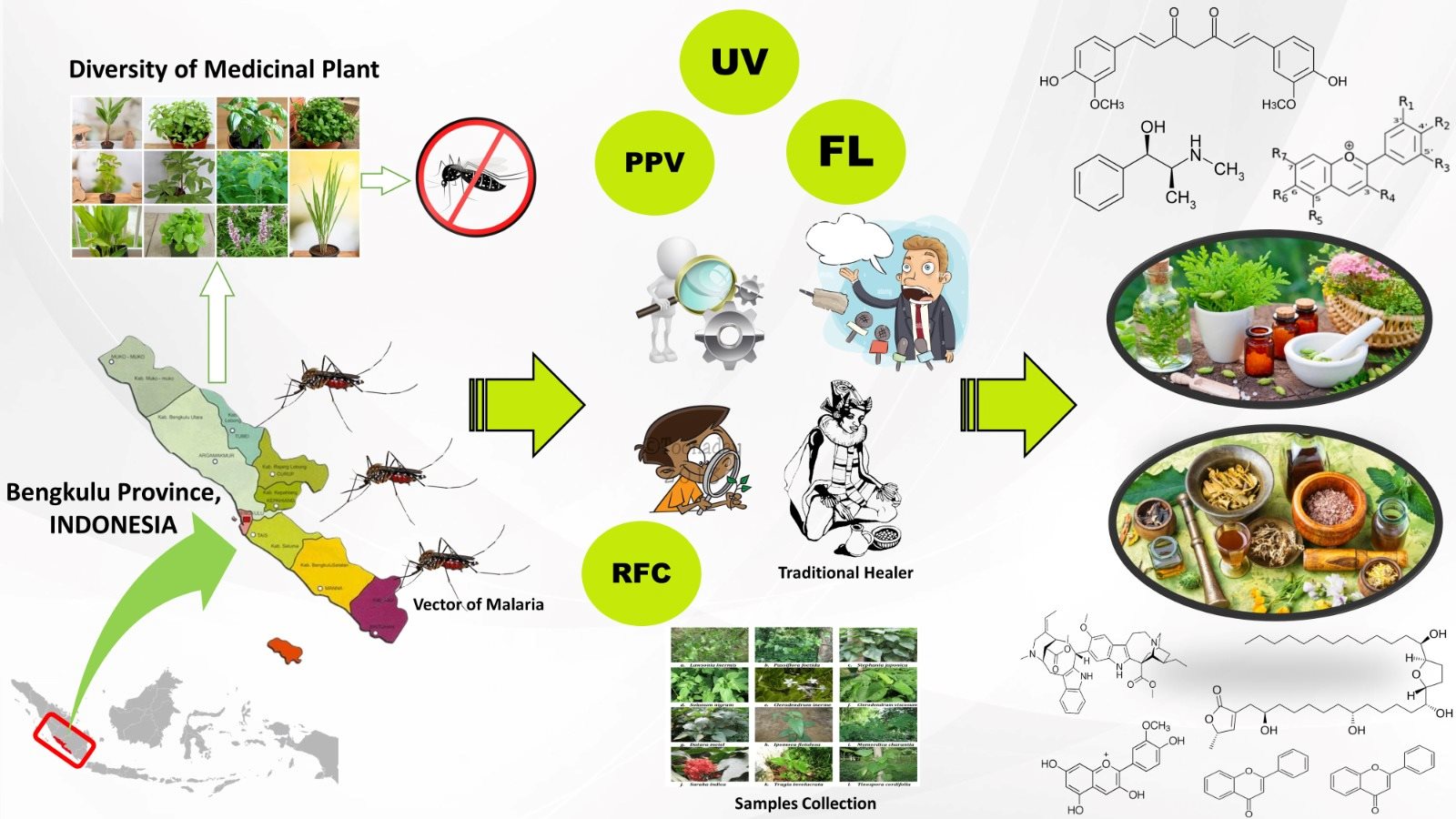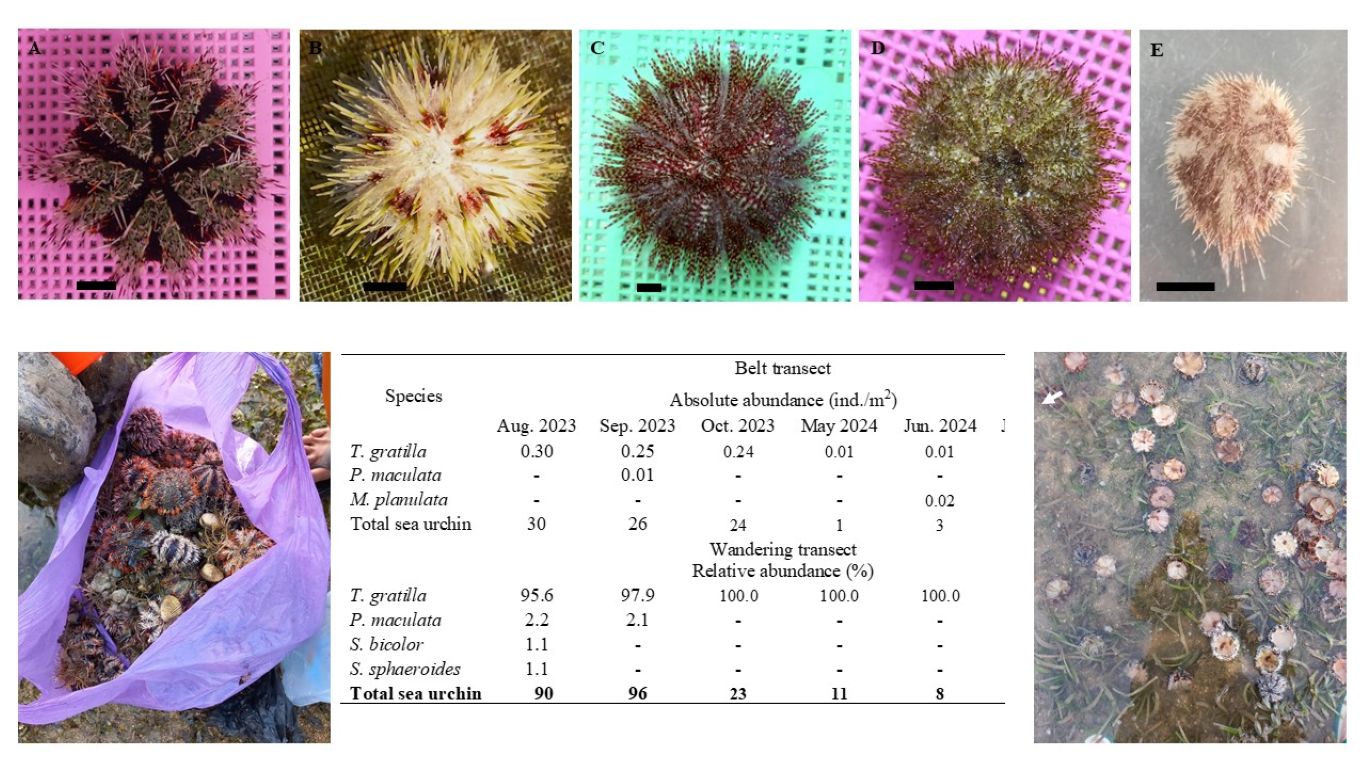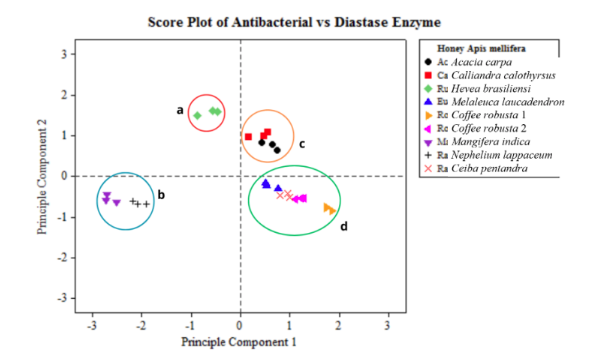EFFECTS OF CARBOFURAN ON THE REPRODUCTIVE CAPACITY OF A FRESHWATER SNAIL, RADIX QUADRASI, UNDER LABORATORY CONDITIONS
No. 5 (1992)
Research Paper
November 17, 2011
Downloads
reproductive capacity of R. quadrasi was determined. Results showed that incubation period is delayed and
inhibited by 1000 and 2000 ppm carbofuran but not by lower concentrations. The hatching period is longer in
treated snails and not all eggs hatch in the 1000 and 2000 ppm treatment. The percentage of hatching is
inversely proportional to the carbofuran concentration.
Oviposition was delayed in all the treated stages and at all dosages. The higher the carbofuran
concentration, the later the onset of oviposition. The reproductive period is shortened. Fecundity was
decreased in snails treated at EMB and SM. However, only the 2000 ppm carbofuran concentration showed an
adverse effect on the snails exposure at PSM.
CARING, V. S. (2011). EFFECTS OF CARBOFURAN ON THE REPRODUCTIVE CAPACITY OF A FRESHWATER SNAIL, RADIX QUADRASI, UNDER LABORATORY CONDITIONS. BIOTROPIA, (5). https://doi.org/10.11598/btb.1992.0.5.197
Downloads
Download data is not yet available.
Authors who publish with this journal agree with the following terms:
- Authors retain copyright and grant the journal right of first publication, with the work 1 year after publication simultaneously licensed under a Creative Commons attribution-noncommerical-noderivates 4.0 International License that allows others to share, copy and redistribute the work in any medium or format, but only where the use is for non-commercial purposes and an acknowledgement of the work's authorship and initial publication in this journal is mentioned.
- Authors are able to enter into separate, additional contractual arrangements for the non-exclusive distribution of the journal's published version of the work (e.g., post it to an institutional repository or publish it in a book), with an acknowledgement of its initial publication in this journal.
- Authors are permitted and encouraged to post their work online (e.g., in institutional repositories or on their website) prior to and during the submission process, as it can lead to productive exchanges, as well as earlier and greater citation of published work (See The Effect of Open Access).









